- Foundation
- Actions
- Osteoarthritis
- Actuality
- OAFI Radio/TV
- Get Involved
- Contact
-
-
-
OAFI
Osteoarthritis International FoundationC/ Tuset, 19 · 3º 2ª
08006 Barcelona
(+34) 931 594 015
info@oafifoundation.comSchedule:
Monday-Thursday 9AM-6PM
Friday 8AM-3PM
-
-
-

-

-

The Global OA Patient Perception Survey reveals the deep impact of Osteoarthritis on patients’ quality of life

An international study conducted by patients for patients
In 2018, the OA Patients Task Force, an international alliance of patients’ organizations fighting against OA, conducted the Global OA Patient Perception Survey (GOAPPS) a pilot survey entirely designed by patients to investigate the osteoarthritis patients’ perception of the quality of life in six countries and in three different languages.
OAFI, Arthritis Foundation, and PANLAR collaborated in this study to collect information on the perception of osteoarthritis patients about the impact of this severe disease on their daily lives. The final aim was to empower patients and help stakeholders involved in the OA healthcare and management to develop a better understanding of patients’ perceptions to address their needs more effectively in terms of prevention, research, and management.
A total of 1,512 patients from Colombia, Spain, Italy, Mexico, USA, and Venezuela participated in the survey answering a questionnaire approved by patients’ committees and available in three different languages; Spanish, Italian and English. We collected data on patients’ demographics and clinical characteristics, their relationship with physicians and the personal perception of attention, treatment and information received. Patients were finally asked to evaluate their quality of life.
The results of the survey, now published in BMC Musculoskeletal Disorders, show the severe impact of OA on a patient’s life due to associated limitations, symptoms, and comorbidities. Almost one-quarter of patients stated they did not understand their treatment options and associated risks. More than 6 out of 10 patients were not satisfied with their current OA treatment. The vast majority of patients (78%) expressed an interest in gaining access to non-drug and non-surgical treatment underlining the barriers patients have to face when aiming to access to prevention and self-management program for OA. Patients also asked for new pharmacological treatments to substitute the drugs currently available on the market which can only alleviate osteoarthritis symptoms and may be associated with unwanted adverse effects.[1]
91% of the patients reported limitations in their everyday life physical activities. One-third of respondents informed of the emotional, psychological, or mental health consequences of OA in their lives. Only half of the patients (51.7%) reported being satisfied with their quality of life. When asked how their quality of life would be if their OA signs and symptoms were eliminated, 94.2% of respondents said that their quality of life would be good or very good.
As the authors conclude in “this portrait of patients“, perceptions of OA can provide a baseline to evaluate better quality performance in the future. This manuscript is not just a research article but also a patient advocacy piece signed by patients’ organizations working internationally to improve OA patients’ conditions. A bigger study for depth analysis of the reasons behind the patients’ needs may contribute to the design of personalized strategies for OA management and treatment.
You can consult the research article A patients’ view of OA: the Global Osteoarthritis Patients Perception Survey (GOAPPS) published at BCM Musculoskeletal Disorders on the 7th of November of 2020 in this link.
[1] Vitaloni, M., Botto-van Bemden, A., Sciortino, R. et al. A patients’ view of OA: the Global Osteoarthritis Patient Perception Survey (GOAPPS), a pilot study. BMC Musculoskelet Disord 21, 727 (2020). https://doi.org/10.1186/s12891-020-03741-0
Categories :
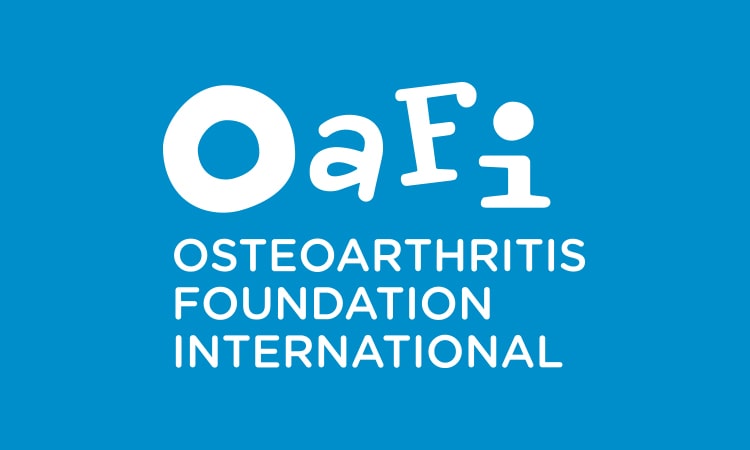




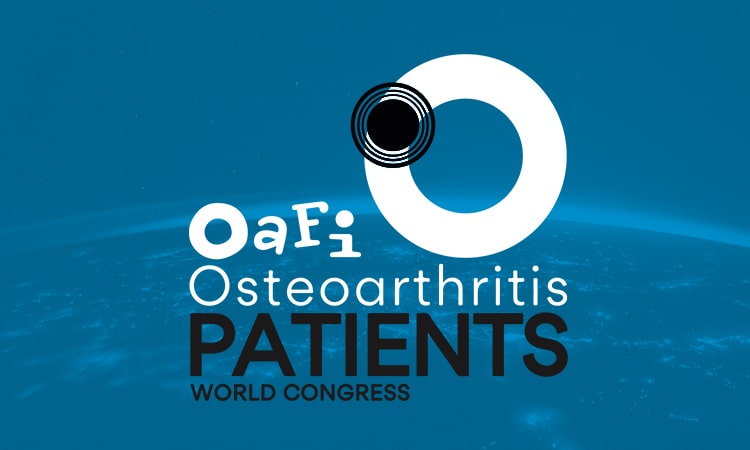









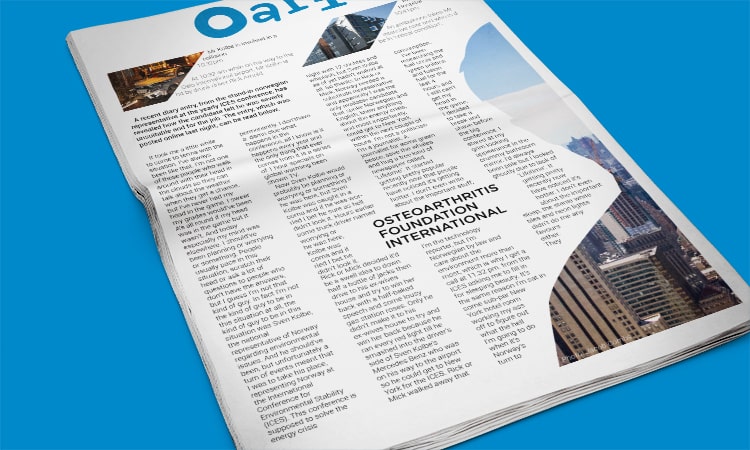


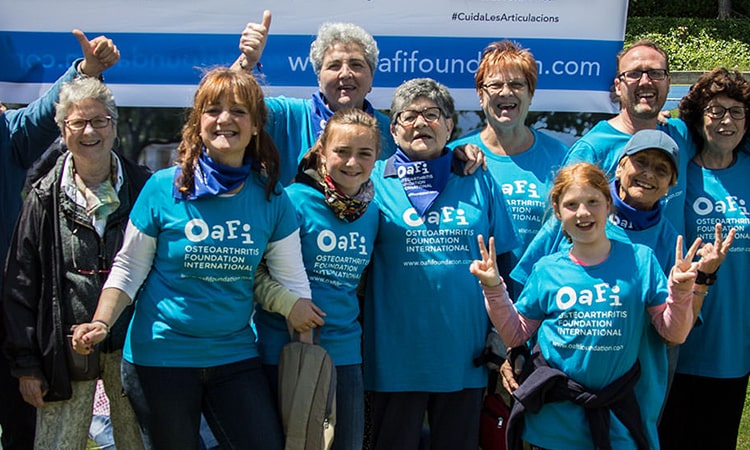

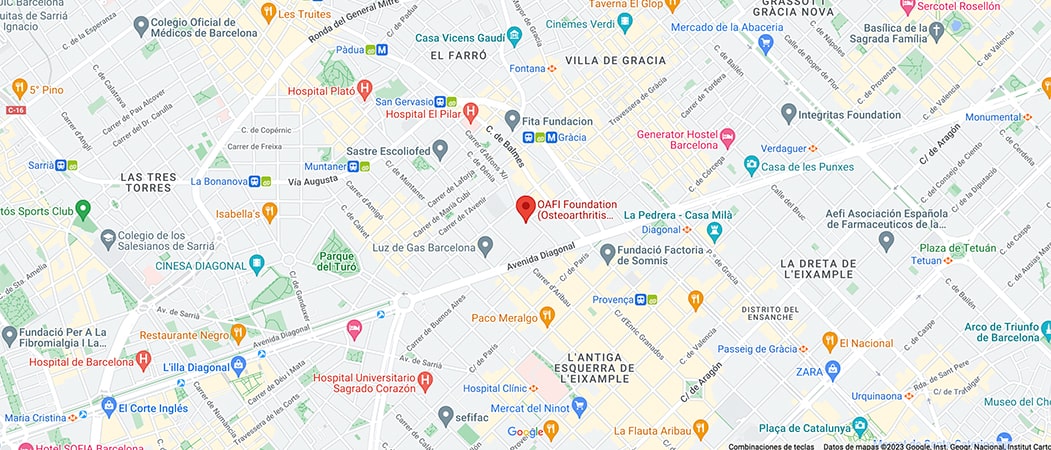

Leave a Reply